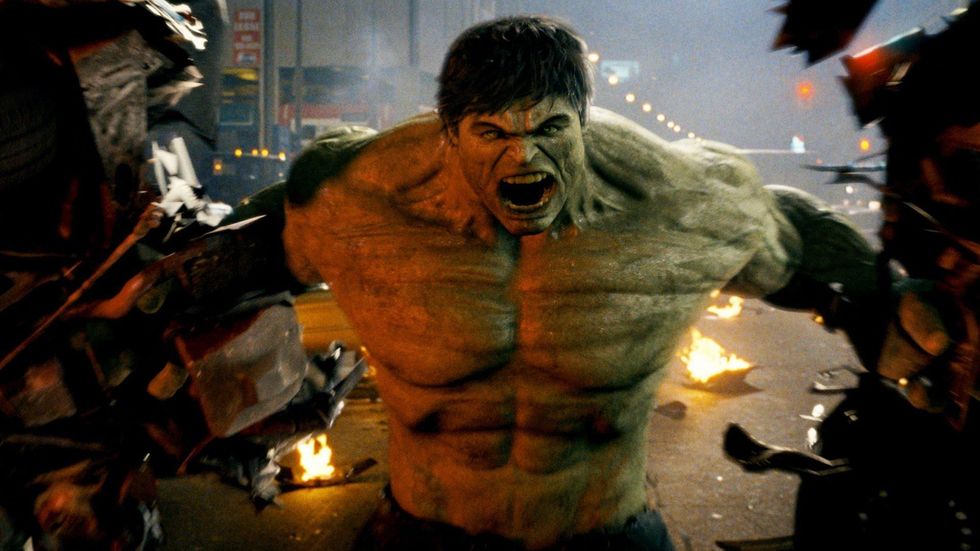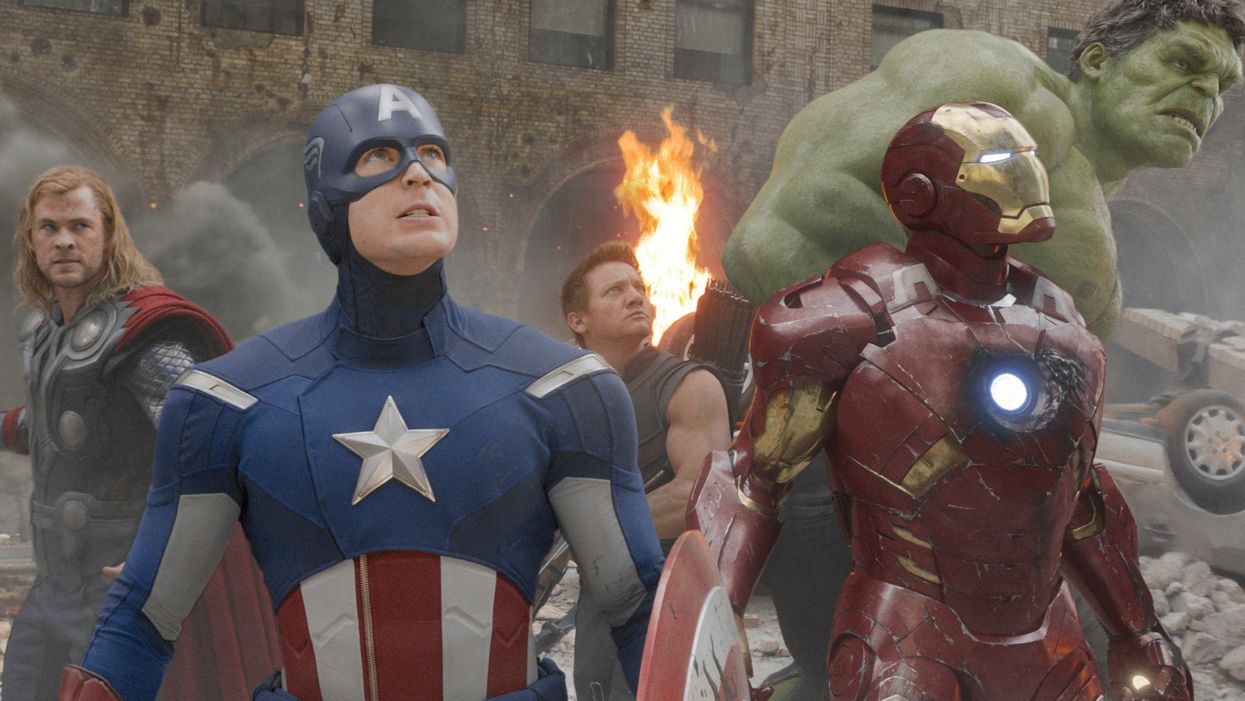With the excitement of Spider-Man: No Way Home fresh in our minds, everyone is talking about the future of the MCU a.k.a the Marvel Cinematic Universe.
One thing we’ve rarely seen in the superhero world is the effect of time throughout their many battles.
Hawkeye is now shown to be deaf as a result of repeated trauma on Avengers missions in his show Hawkeye but others remained largely unscathed.
Well, now a new study is showing us how our favourite superheroes will do in the battle against time, and no we don’t mean time travel—we’re talking good old fashion ageing.
Sign up to our new free Indy100 weekly newsletter
Ruth Hubbard and colleagues at the Centre for Health Services Research, The University of Queensland, Brisbane, Australia examined “the personal traits and health behaviours of five of Marvel's superheroes” and explained some of the challenges they might have to face as a result of growing older.
“Superheroes are a remarkable cohort whose distinct powers, personalities, behaviours, and life events have been documented in films,” Hubbard writes.
“It is likely that superheroes might have longevity that substantially outlasts most people. Excluding outliers (Spider-Man, who recently graduated from high school, and Thor, who has lived for several millennia),” it continues.
The study goes on to estimate that most of the superheroes are between 30 and 55 years old. Hubbard and her colleagues then go on to examine their collective health assets and risks as a group as well as their personal traits and health behaviours of five.
Note: To avoid spoilers, the study envisions a future in which all superheroes survive to old age.
Captain America

Our beloved Captain America has a high level of social engagement to thank for a reduced risk of dementia. The study reads: “People with strong social ties tend to live longer than isolated people, regardless of other risk factors such as smoking, alcohol consumption, and physical activity.”
Iron Man

While our favourite genius, billionaire, playboy, and philanthropist has his electromagnet and refined arc reactor to prevent his premature death, his lifestyle might be what leads to his downfall.
In addition to his lifestyle choices, the study points out that it is unclear whether “his armour offers sufficient protection from gravitational shifts and exposure to radiation during his occasional forays into space.”
In the case that it does not, Iron Man is said to likely experience accelerated bone loss and a substantially increased risk of malignancy.
Captain Marvel

Where it concerns Captain Marvel, she’s projected to live a long and healthy life. The study notes that “even during discussions about how to stop aliens from enslaving humanity, superheroes stand regularly and pace, increasing their step count and reducing sedentary behaviour, which should put them in good stead for reducing their mortality.”
Hulk

Being that Bruce Banner turns into the Hulk when he experiences tachycardia—which is when his heart rate is at 200 beats per minute— this suggests “a predisposition to cardiac arrhythmias, which might indicate underlying cardiac disease.”
The study notes that “atrial fibrillation, the most common atrial arrhythmia, is strongly associated with an increased risk of stroke and dementia as well as overall death rate.”
That along with his overweight BMI also does not bode well over time.
Black Widow

As fans might recall, Natasha Romanoff (also known as Black Widow) was taken from her family to train as an assassin. The study notes that experiencing abuse and neglect increases her risk of physical and mental illnesses with ageing.
Additionally, Black Widow was forcibly sterilised. Her abrupt stop of ovarian function at a young age might result in diseases such as “osteoporosis, cardiovascular disease, dementia, and depression.”
The study reads: “Although it is possible that the Black Widow underwent hysterectomy without oophorectomy, nulliparity is associated with adverse outcomes, including higher all-cause death rate.”
Read about the possible outcomes of more superheroes here.














